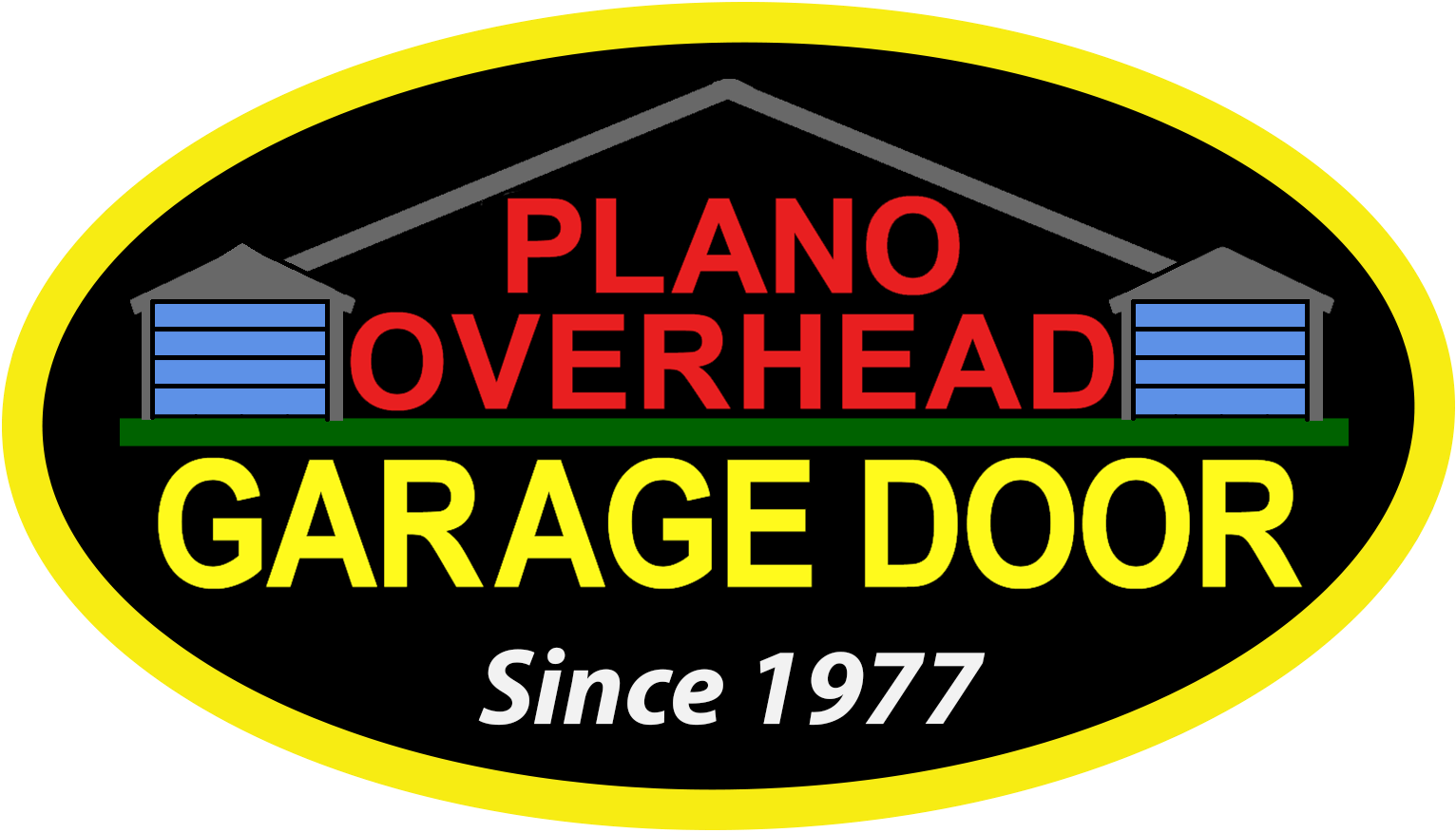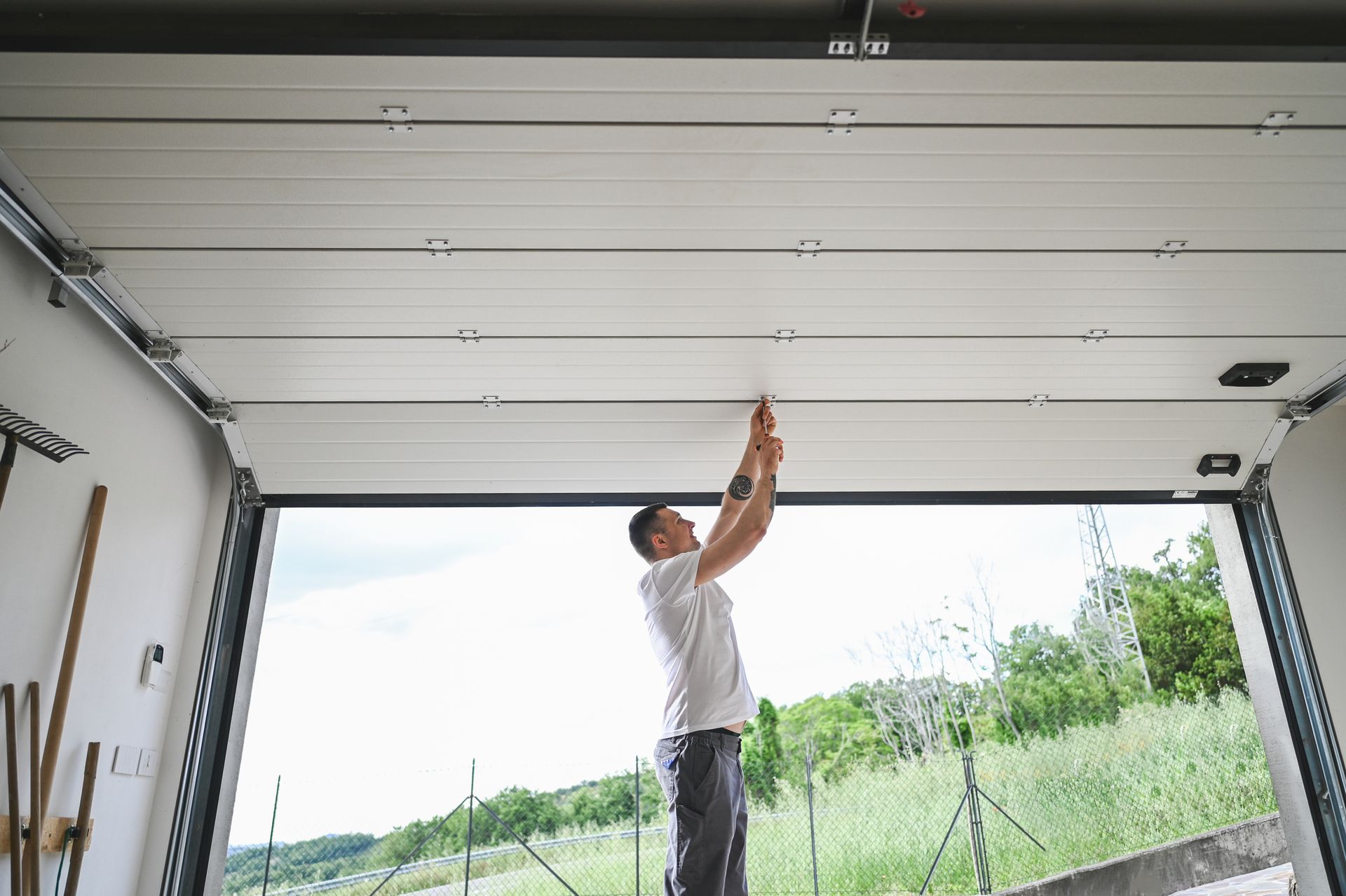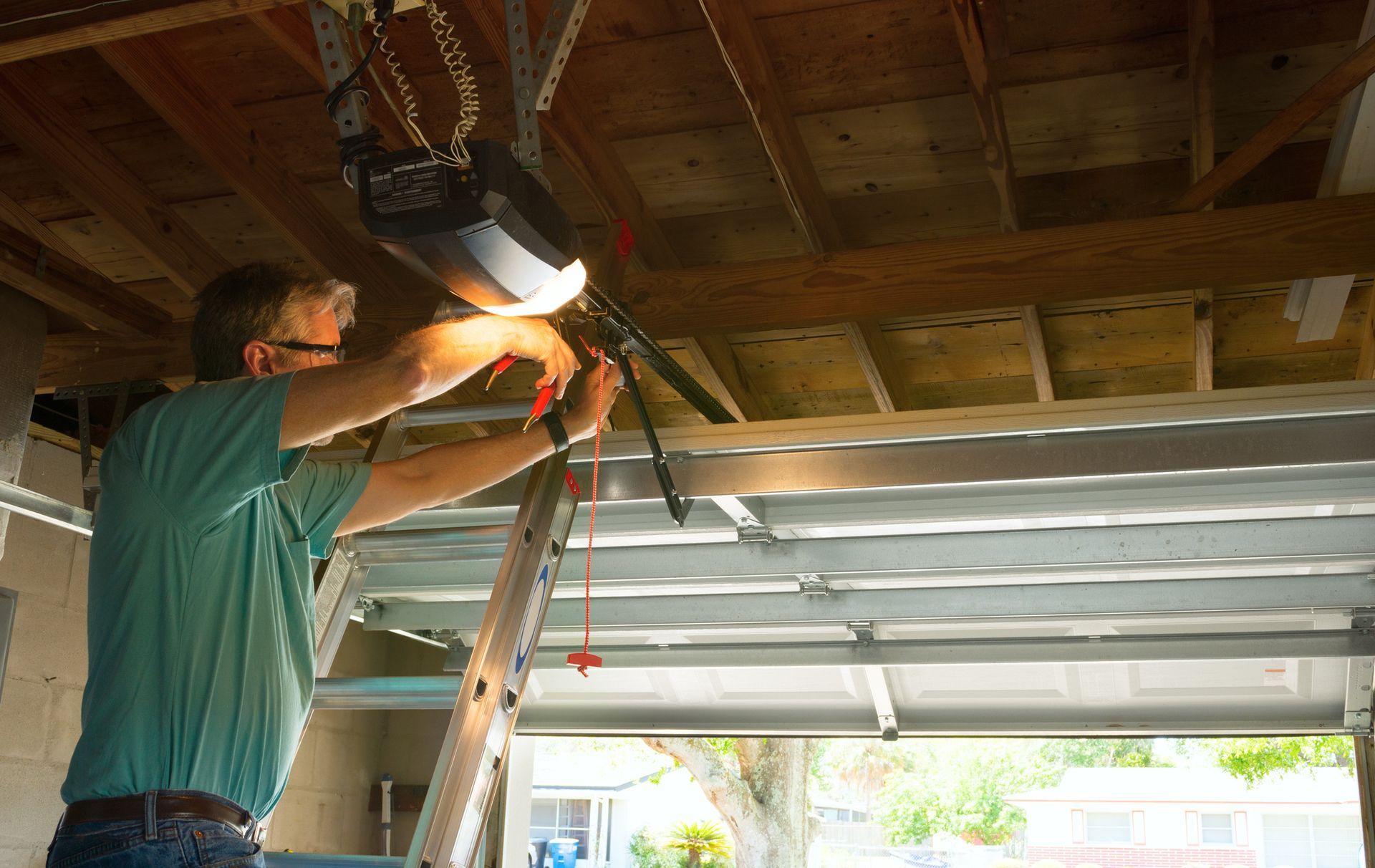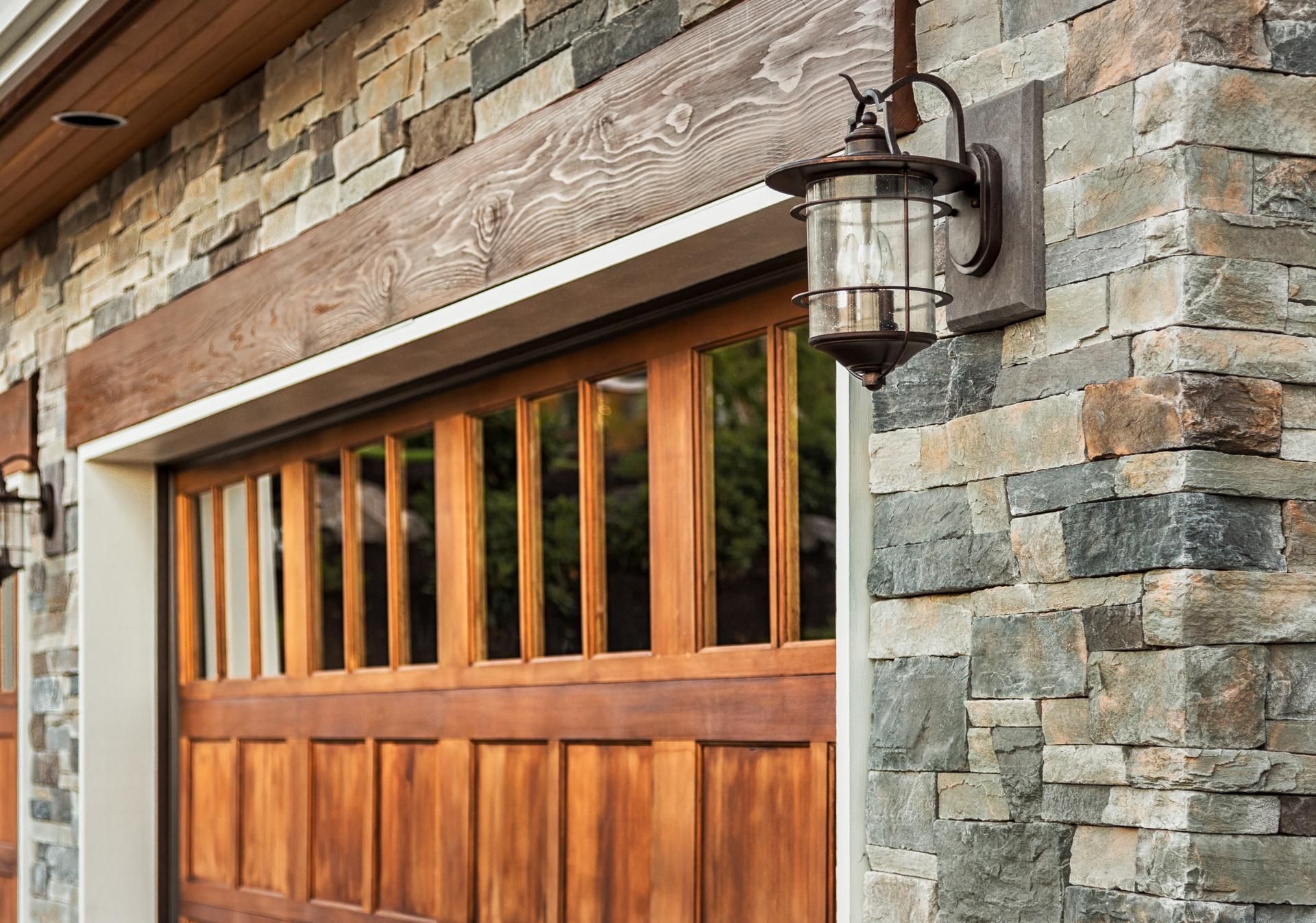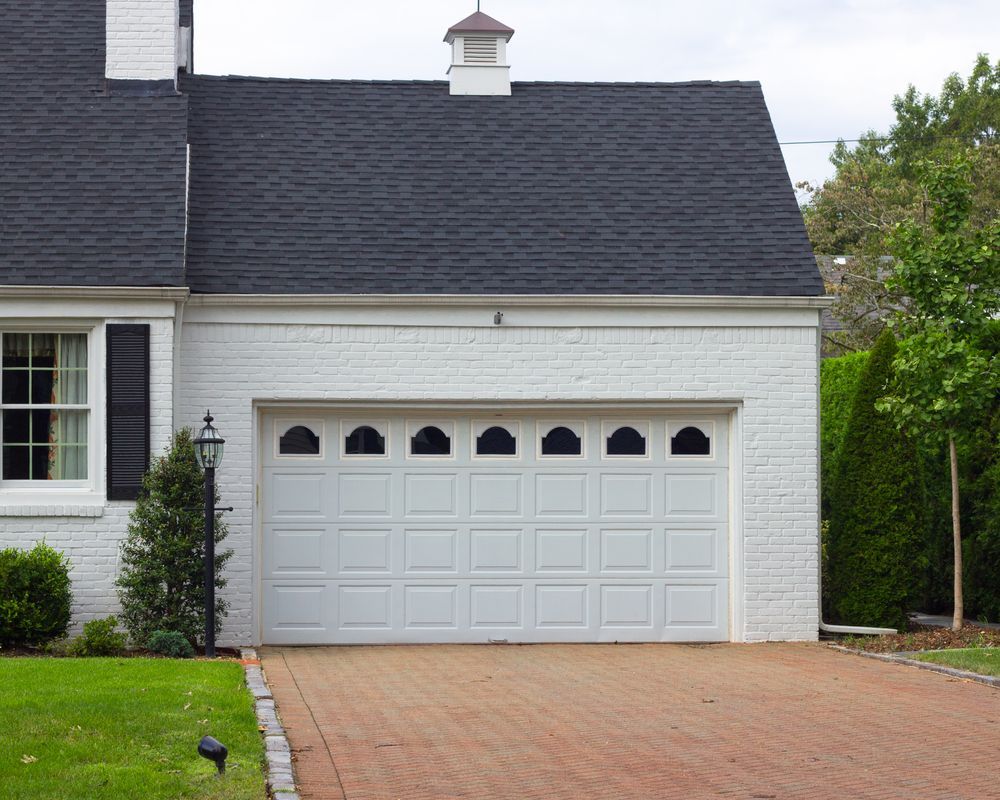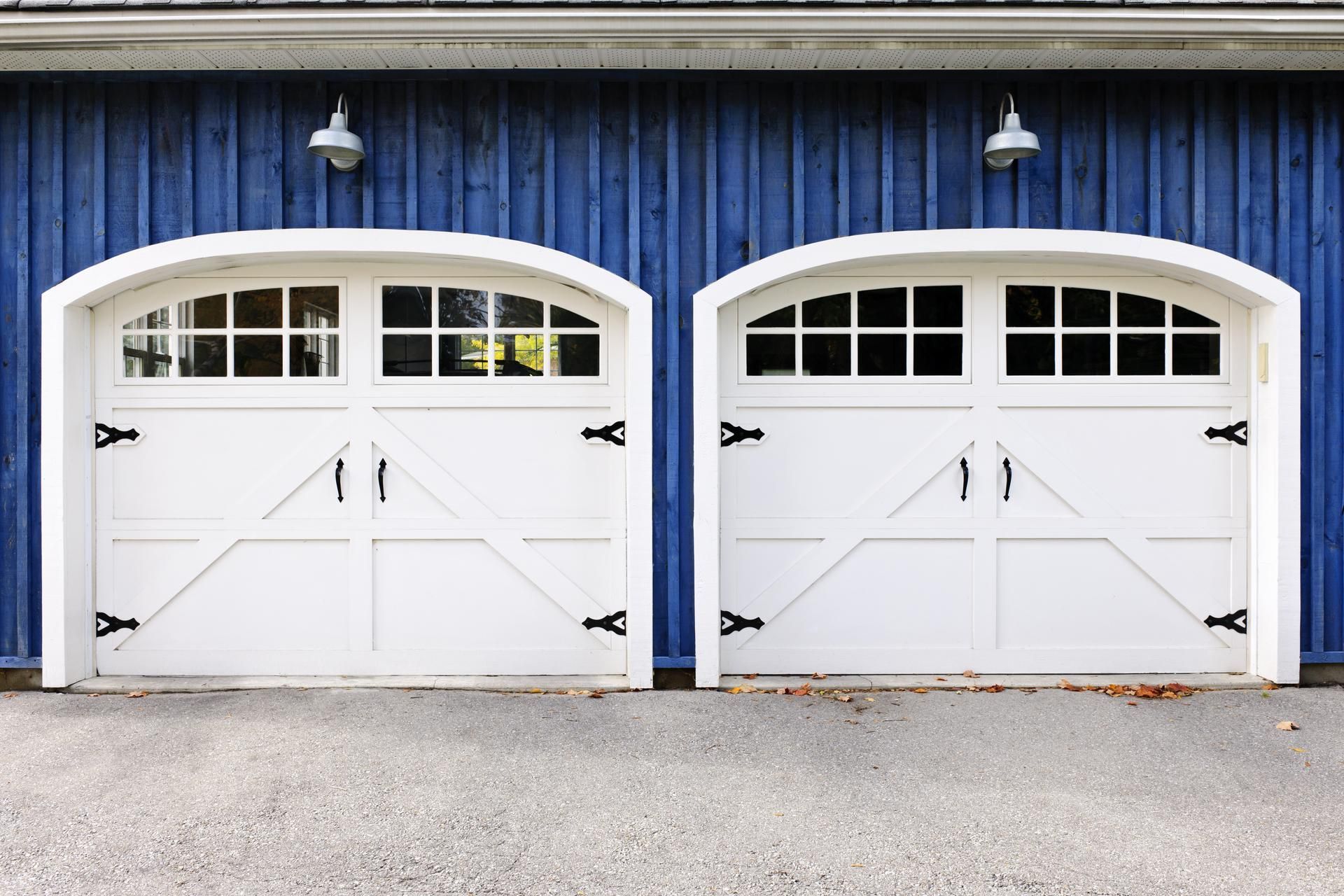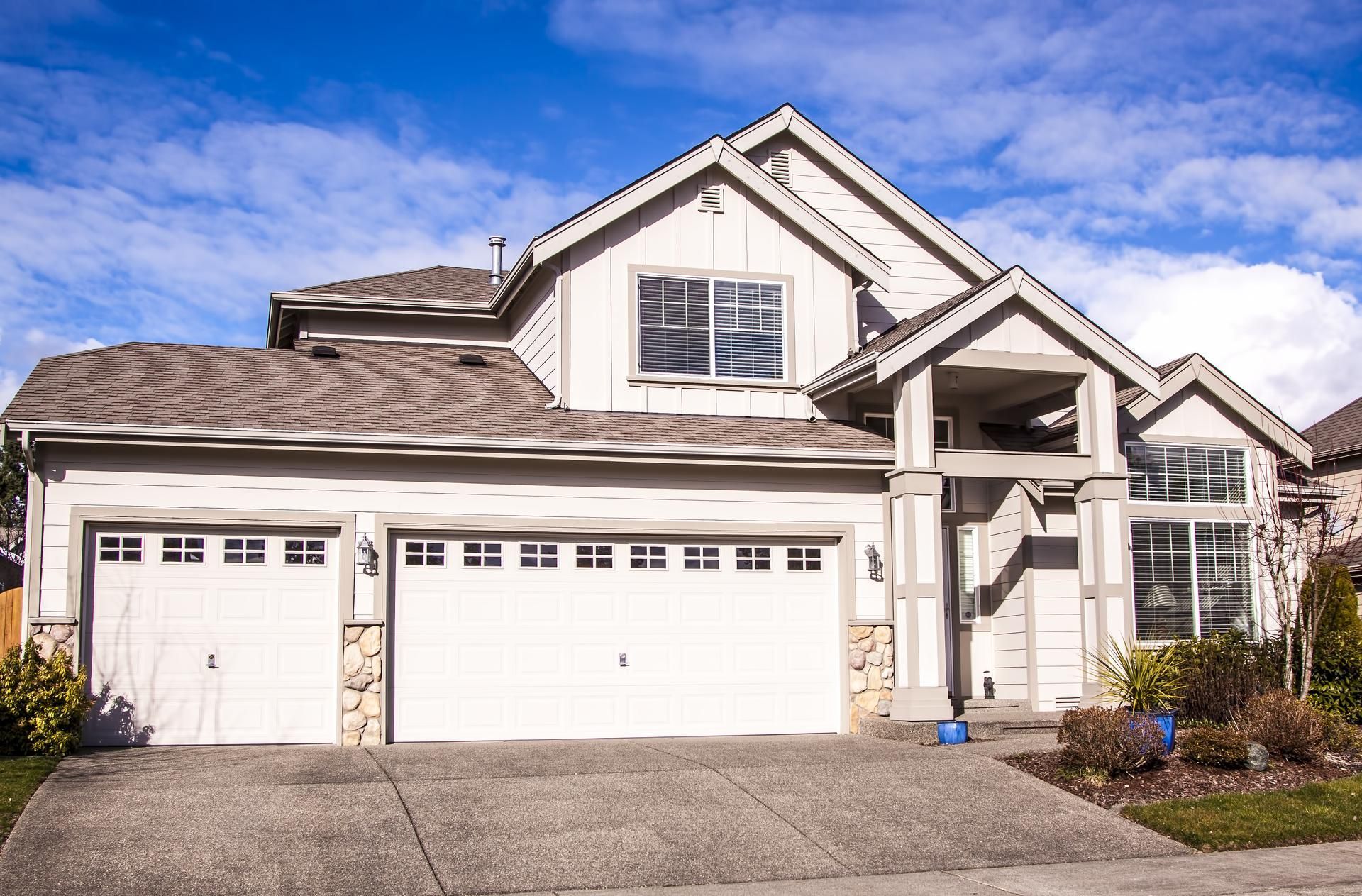Essential Considerations For Adding a Garage to Your Home
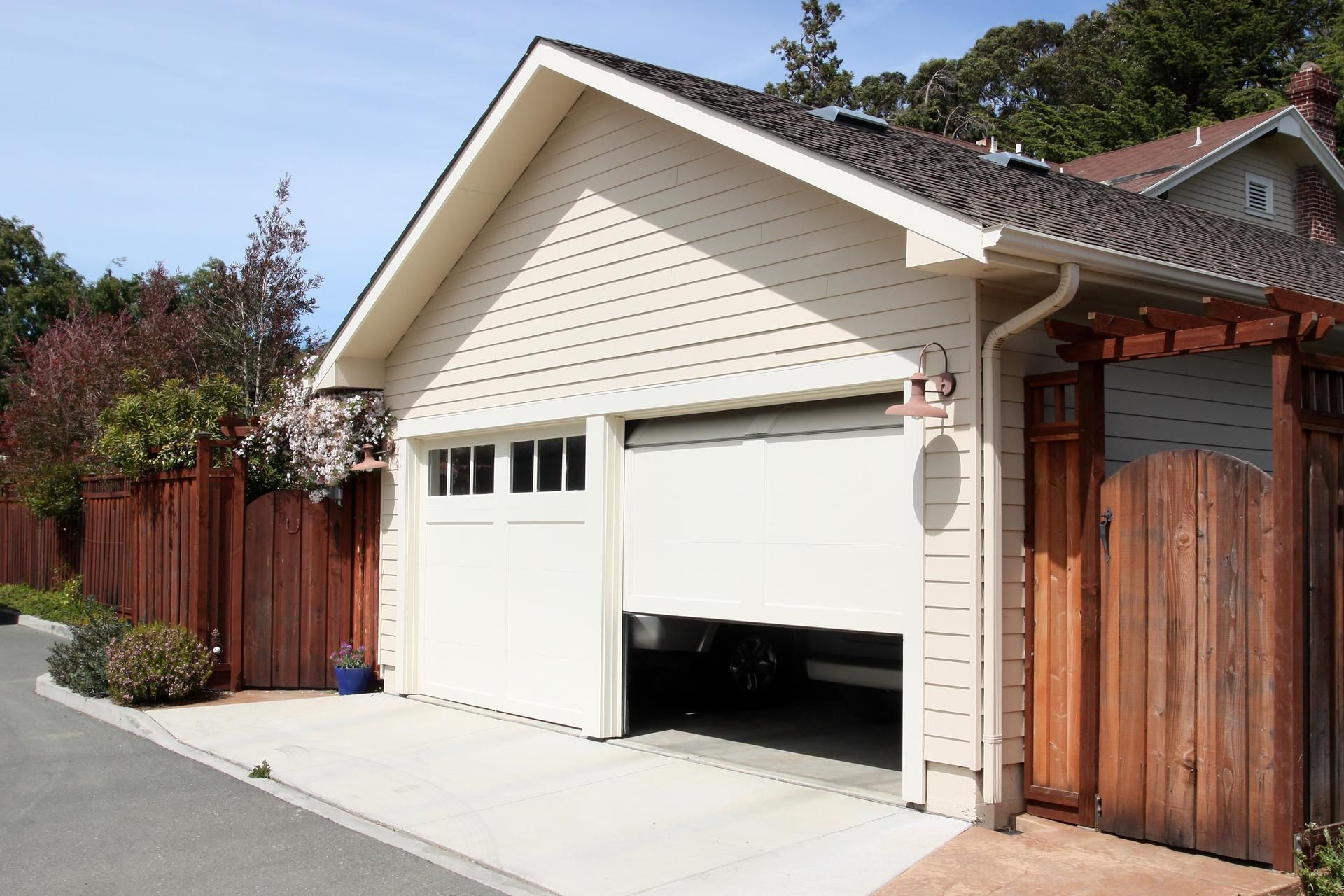
Adding a garage to your home can significantly enhance its value and functionality. Whether you're looking to increase your property's storage capacity or simply want to protect your vehicles from the elements, a well-designed garage can meet those needs. However, before embarking on this project, there are several factors to consider to ensure a seamless and successful addition.
Assess Your Needs and Budget
The first step in planning for a new garage is to thoroughly assess your specific needs and budget. Determine the primary purpose of the garage. Will it be used solely for parking vehicles, or do you need additional space for storage, a workshop, or recreational purposes? Understanding your requirements will help you decide on the size and layout of the garage. Next, establish a budget that accommodates construction costs and any additional features you desire, such as built-in storage solutions or climate control. Keep in mind that unexpected expenses may arise during the construction process, so allocate extra funds to account for these possibilities.
Compliance With Local Building Codes
Before construction begins, it's crucial to familiarize yourself with local building codes and zoning regulations. These codes dictate various aspects of garage construction, such as size limits, setback requirements, and permissible materials. Contact local building authorities to ensure your plans comply with all necessary regulations. Obtaining the required permits before starting construction is essential to avoid legal complications.
Location and Orientation
The location and orientation of your garage should be chosen carefully to enhance functionality and convenience. Consider factors such as property boundaries, access to the street, and the overall layout of your home. Positioning the garage close to the main living areas can provide easy access, while also ensuring it does not impede curb appeal. Additionally, consider the direction of prevailing winds and the path of the sun throughout the day to maximize energy efficiency and natural lighting.
Exploring Garage Door Types
Choosing the right door is crucial, as it not only enhances your home's curb appeal but also contributes to the security and energy efficiency of your garage. When choosing a garage door, it's important to consider the various types available: sectional, roll-up, slide-to-the-side, and tilt-up canopy doors. Each type boasts distinct characteristics and advantages, making them suitable for different needs and preferences.
The most common form of garage doors is sectional due to it's reliability, maximizing storage space, and affordability. Sectional doors are a popular choice among homeowners due to their smooth operation and excellent insulation capabilities. These doors typically consist of multiple panels that glide along tracks, allowing for easy opening and closing. Their design also provides a tight seal, helping to keep your garage insulated during extreme weather conditions, which can be particularly beneficial if you use the garage for more than just parking.
Roll-up doors are another fantastic option, especially for those looking to maximize ceiling space. They are constructed from steel or aluminum slats that roll up neatly into a compact coil above the opening. This design is particularly advantageous in garages with limited headroom, as it allows for maximum clearance. Moreover, roll-up doors are known for their durability and low maintenance. However, roll-up doors have limited aesthetic options and are typically more expensive and harder to service than sectional doors.
On the other hand, slide-to-the-side doors offer a unique and traditional appearance that can add charm to any garage. These doors slide open horizontally, which limits storage space along the walls. They can be customized with various materials and finishes, allowing homeowners to match the door to their style. However these doors are typically the most expensive due to requiring customization. Installing a garage door opener is also more expensive and difficult to achieve on garage doors that slide open horizontally.
Tilt-up canopy doors are an excellent budget-friendly option for those with space constraints inside the garage. They operate by tilting outward which allows for maximum space inside the garage for oversized vehicles and storage. While they may not provide the same level of insulation as sectional doors, they still offer a reliable and cost-effective choice for many homeowners. The downside of tilt-up garage doors is the dangerous nature of having one solid garage door the size of a wall that can fall and cause damage as the garage door deteriorates over time. Tilt-up garage doors are also harder to balance and do not work well with many garage door opener models that are typically not designed to operate a solid garage door that balances differently than sectional garage doors.
When selecting a garage door, it's essential to consider the style and material and the security features of each option. By evaluating these factors, you can find the perfect garage door that suits your needs while enhancing the overall look of your home.
Professional Garage Door Installation
Investing in professional garage door installation ensures that your door operates safely and efficiently. Experienced installers possess the expertise and tools necessary to handle complex installations, which can prevent future issues and costly repairs. A professional installation also guarantees that all components, such as springs, tracks, and openers, work in harmony, providing a seamless user experience. Moreover, they can offer valuable advice on door maintenance and longevity, further enhancing your investment.
Incorporating Sustainable Features
As environmental concerns grow, incorporating sustainable features into your garage design can contribute to energy efficiency and reduce your carbon footprint. Consider installing LED lighting, solar panels, or energy-efficient insulation to minimize energy consumption. These features benefit the environment and can reduce utility bills and increase the overall value of your home.
In summary, adding a garage to your home is a significant investment that requires careful planning and consideration. By focusing on your needs, adhering to local regulations, and selecting the right materials and features, you can create a functional and attractive addition that enhances your lifestyle and your home's property value.
For more info about this, contact us at Plano Overhead Garage Door.
